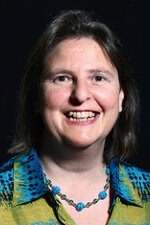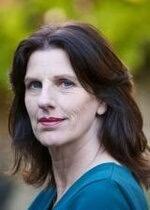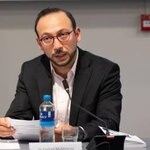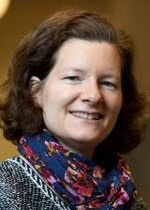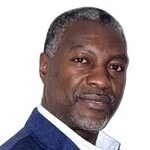GDP in a flash

Why study Governance and Development Policy?
- In an era of media saturation and hyper-partisanship, how do we engage with contemporary governance challenges and frame policy responses to address societal needs and our world crises?
- How do governments engage with public, private, and civil-society actors to develop workable solutions to societal problems?
- How are initiatives and programmes really designed in today’s complex policy world? How do governance and policy actors engage with local development and act in times of crisis?
These are the questions that animate the Major in Governance and Development Policy (GDP).
The GDP Major prepares students to study and work on governance at the local, national, and international levels and to provide meaningful inputs to policy-making and reform strategies. It strives for a balance between theoretical knowledge, critical thinking, and practice-oriented tools and skills to enable our students to work in academia, research, or as practitioners development in the fields of governance, policy-making, civil society intervention, NGOs, and humanitarian action.
The GDP Major is interdisciplinary and draws on insights derived from policy studies, political science, economics, management, sociology, human geography, and humanitarian and disaster studies. Using a political economy perspective which recognizes that relations of power and influence are inherent features that direct and constrain policy action, the GDP Major engages with the nature and stages of policy making, from conception to policy evaluation. It sees political life as mobilisation to problems and opportunities in any given context. It explores concrete governance elements such as capacity, leadership, inequalities, participation, employment, income generation, corruption, representation, and accountability. It delivers instruments to consider social forces, ideologies and interests and go beyond merely technical-rational solutions.
The Major courses also teach project design, development, and evaluation; everyday and local practice; and provide access to a diversity of research and practice-oriented skills and methods to prepare participants to become effective actors in policy processes. Drawing on a diversity of real-life examples, encounters with professionals in the field, and a case-based pedagogy, it seeks to connect theory and real-world applications in the learning process of our students. Many of our courses also include field visits and opportunities to engage with various organizations in the fields of development, humanitarianism, governance, and policy-making.
After completing the Major, participants will be familiar with the analysis of governance processes from the local to the global level. They will be able to work on and research a combination of political processes and provide meaningful inputs to governance, policy-making and project design and evaluation.
GDP overlapping areas of expertise
- Public policy - the nature and practices of public sector institutions and organizations as well as public sector reform.
- Local development strategies - policies and politics with a focus on local economic development and the scope for communities to engage in collective and state focused action.
- Humanitarian action and disasters governance - how societies prepare, respond and recover from crises related to conflict, disaster or fragility, resulting many times in large humanitarian crises
- The state, private sector and civil society in governance processes - interactions of governments, private enterprises, development organizations and communities and their strategies towards challenges and opportunities.
- Policy and projects analysis and design - design, evaluation and formulation of policies and projects, considering factors such as feasibility, impact assessment, stakeholder engagement, governance, and sustainability measures.
Revisit the 2025 GDP webinar

Target group
This Major offers essential insights for people interested and/or involved in the analysis or practices of multi-actor governance, policy and local economic development processes in relation to socioeconomic development.
It targets people occupying or aspiring careers in local or national governments, in development organisations, NGOs, universities and the private sector.
Specializations
Students who wish to specialize further within the context of the Major may choose to follow one of two specializations:
- Governance of local development and humanitarian crises (GoLDH)
- Public Policy and Projects Management (PPM)
Beyond the GDP specializations, students can combine their Major training with other specializations from across ISS. Take a look at the current list of specializations on offer
What our student say about GDP
If you value a universally diverse atmosphere, are not just able but thoroughly enjoy debating and learning from controversial opinions, and can empathise deeply, ISS might just be for you.
GDP team
The GDP team brings together a diversity of disciplines and expertise to the Major educational journey. Our team members combine academic work with years of consultancy and practical experience in various organizations, bringing not only multiple viewpoints and experiences to the classroom but also enriching the learning experience and networks that the Major can offer.


